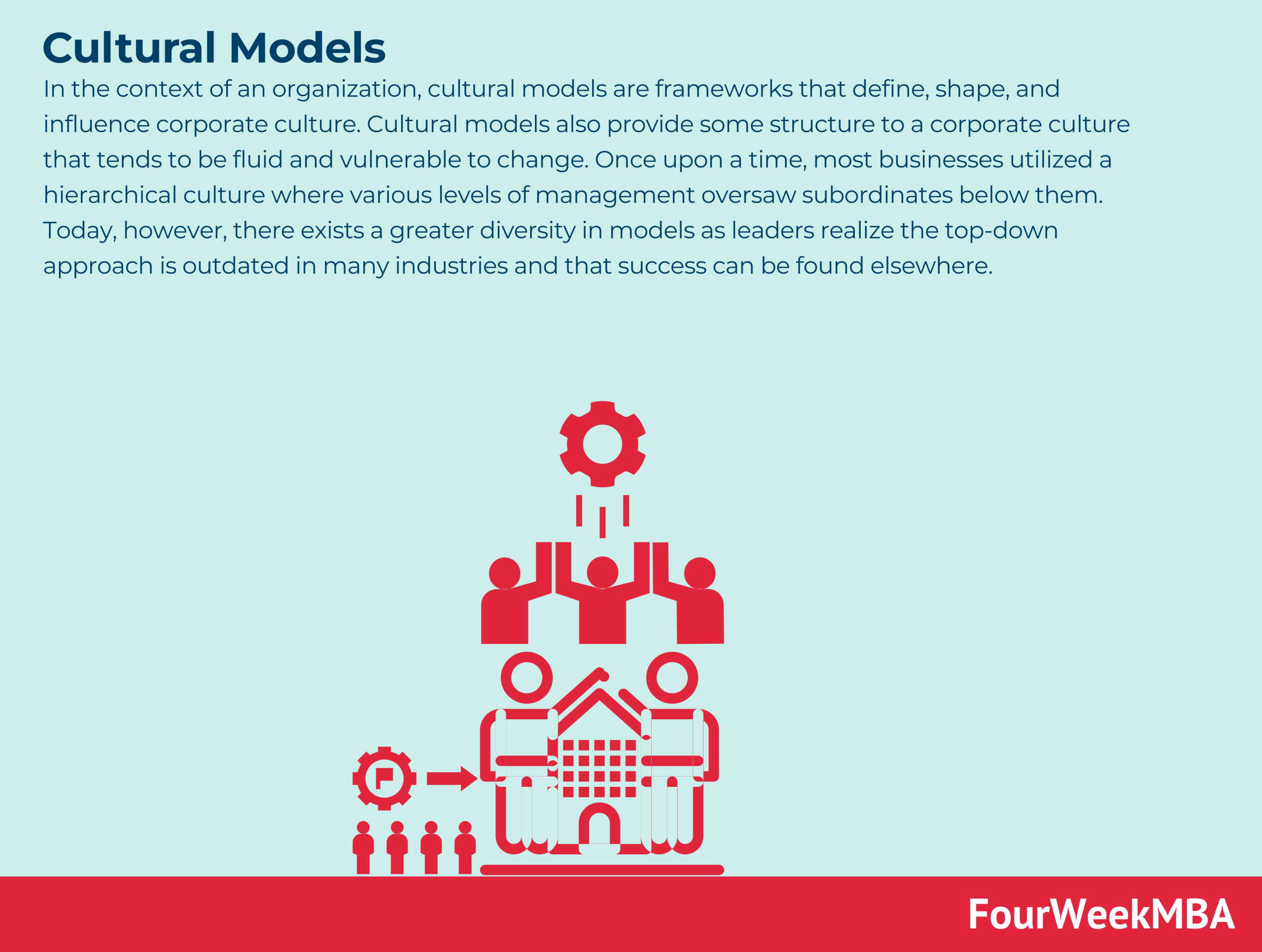The cultural approach to organizations refers to the way in which culture influences the functioning and behavior of organizations. Culture, in this context, refers to the shared values, beliefs, and practices that shape the way people think, feel, and behave. It includes the norms, customs, and expectations that are passed down from one generation to the next and that shape the way people interact with one another.
In the cultural approach to organizations, culture is seen as a key determinant of organizational behavior. Culture influences the way people communicate, make decisions, and solve problems within the organization. It also affects the way people relate to one another and to the organization as a whole. For example, in a hierarchical culture, decision-making power is concentrated at the top of the organization, whereas in a more egalitarian culture, decision-making power is more evenly distributed throughout the organization.
The cultural approach to organizations also emphasizes the importance of cultural values in shaping organizational behavior. These values reflect the basic beliefs and assumptions that guide the actions of individuals within the organization. For example, a value of teamwork may lead to a more collaborative approach to problem-solving, while a value of individual achievement may lead to a more competitive atmosphere.
One of the key benefits of the cultural approach to organizations is that it provides a framework for understanding the complex and often subtle ways in which culture influences organizational behavior. By recognizing the role of culture in shaping organizational behavior, organizations can become more aware of the ways in which their culture may be affecting their operations and can take steps to align their culture with their strategic goals.
However, it is important to recognize that culture is not a static concept. It is constantly evolving as new members join the organization and as the organization itself changes. This means that organizations must be proactive in managing their culture and ensuring that it remains aligned with their goals and values.
In conclusion, the cultural approach to organizations highlights the important role that culture plays in shaping organizational behavior. By recognizing the influence of culture, organizations can better understand the forces that shape their behavior and take steps to align their culture with their strategic goals.







